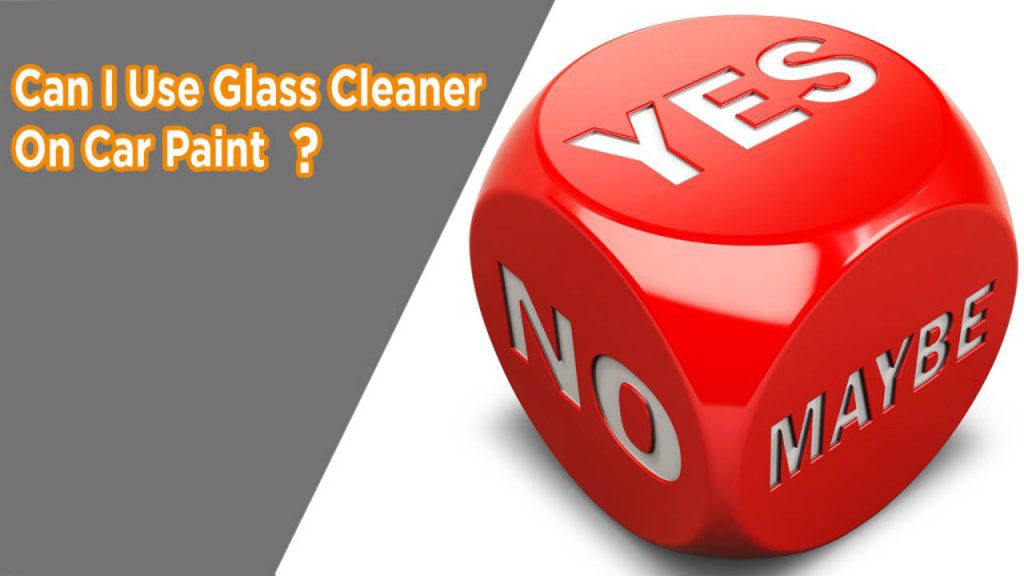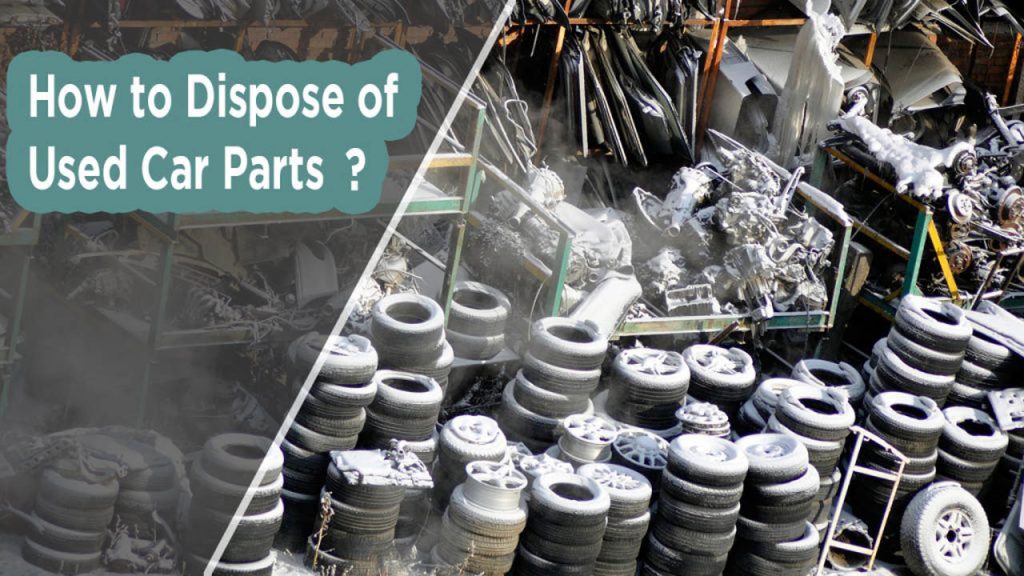When you’re cleaning your car, it’s tempting to grab any cleaning product you have at home, especially when your car’s surface is covered in grime or stubborn spots. One product that often comes to mind is glass cleaner. After all, it’s great for windows and mirrors—why not the car’s paint too?
Before you spray that bottle, let’s take a closer look at whether using glass cleaner on car paint is a good idea. Spoiler alert: the answer isn’t a simple yes or no. It depends on the type of glass cleaner and how you’re using it. I’ve explored this topic in-depth, so let’s break it down together.

Glass Cleaner and Its Ingredients
To answer the question effectively, it helps to know what’s in glass cleaner. Most glass cleaners contain ingredients like:
- Ammonia: A strong cleaning agent that dissolves dirt and grease.
- Alcohol: Helps in streak-free drying.
- Surfactants: Break down and remove grime.
- Fragrance and dyes: Added for a pleasant scent and appearance.
While these ingredients are excellent for cleaning glass surfaces, they can be too harsh for car paint. Ammonia, in particular, is a common culprit that can damage delicate surfaces.
Can You Use Glass Cleaner on Car Paint?
The short answer is no if the glass cleaner contains ammonia. This ingredient can strip away the wax or sealant on your car, leaving it vulnerable to scratches, fading, and even oxidation over time. However, if you’re in a pinch and using an ammonia-free, mild glass cleaner, it may be safe for occasional use on small, stubborn spots.
Let’s dive into the pros and cons to make this clearer.
Pros of Using Glass Cleaner on Car Paint
While it’s generally not recommended, there are a few potential benefits of using glass cleaner on car paint, provided it’s a gentle, ammonia-free formula.
- Quick Cleaning for Small Spots: It can help remove stubborn stains like bird droppings, sap, or greasy fingerprints.
- Convenience: If you’re out of car-specific cleaners, it might seem like a handy alternative.
- No Streaks: Ammonia-free glass cleaners dry quickly without leaving streaks.
Cons of Using Glass Cleaner on Car Paint
Now, let’s address why this isn’t a great idea for regular use:
- Strips Protective Layers: Ammonia-based cleaners can remove wax, sealants, or ceramic coatings that protect your paint.
- Fading and Discoloration: Prolonged use of harsh cleaners can dull your car’s finish.
- Residue Build-Up: Glass cleaners may leave behind a residue that attracts dust or dirt.
- Not Designed for Paint: Glass cleaners aren’t formulated to handle the complexities of automotive paint and clear coats.
Comparing Glass Cleaner and Car Paint Cleaners
| Feature | Glass Cleaner | Car Paint Cleaner |
|---|---|---|
| Formulation | Designed for glass surfaces | Tailored for automotive paint |
| Harsh Ingredients | May contain ammonia | Gentle, paint-safe chemicals |
| Protective Properties | None | Enhances wax or sealant layers |
| Long-Term Effects on Paint | May cause damage | Safe for regular use |
What Happens if You Accidentally Use Glass Cleaner on Car Paint?
If you’ve already used glass cleaner on your car’s paint, don’t panic. Here’s what you should do:
- Rinse Thoroughly: Use clean water to rinse off any residue immediately.
- Wash with Car Shampoo: Follow up with a proper car wash to neutralize any harsh chemicals.
- Check for Damage: Look for fading, discoloration, or dull spots.
- Reapply Protection: Add a fresh layer of wax or sealant to restore protection.
Safer Alternatives to Glass Cleaner for Car Paint
Instead of risking damage with glass cleaner, consider these safe and effective alternatives:
- Car Wash Soap: Specially designed to clean paint without stripping wax.
- Quick Detailer Sprays: Great for spot-cleaning and maintaining shine.
- Bug and Tar Removers: Formulated to tackle tough stains like sap or bird droppings.
- Homemade Solution: A mixture of water and mild dish soap can work in emergencies.
Tips for Keeping Your Car’s Paint Spotless
- Use the Right Products: Always choose cleaners specifically made for car paint.
- Wash Regularly: Prevent dirt and grime from building up with routine washes.
- Dry Properly: Use a microfiber towel to avoid water spots.
- Apply Wax or Sealant: Protect your paint with a high-quality wax or sealant.
- Spot Clean: Handle bird droppings, sap, and other stains as soon as possible to prevent damage.
Why Proper Car Care Matters
Your car’s paint isn’t just about looks; it’s the first line of defense against environmental damage. Using the wrong products, like glass cleaner with harsh ingredients, can compromise its integrity and cost you more in the long run. Proper care not only keeps your car looking great but also helps maintain its value.
Conclusion
So, can you use glass cleaner on car paint? The answer is mostly no, especially if it contains ammonia. While it might work in a pinch for small stains, it’s not worth the risk of damaging your paint’s finish. Stick to products specifically designed for automotive use, and you’ll keep your car looking shiny and protected for years to come.
Your car deserves the same attention you’d give to any prized possession. Treat it with care, and it will reward you with years of great performance and curb appeal.
FAQs
Can glass cleaner damage car paint?
Yes, especially if it contains ammonia. It can strip wax and cause fading over time.
Is ammonia-free glass cleaner safe for car paint?
It may be safe for occasional use on small spots, but it’s not recommended for regular cleaning.
What should I use instead of glass cleaner on car paint?
Use car wash soap, quick detailer sprays, or specialized bug and tar removers.
What happens if I accidentally use glass cleaner on car paint?
Rinse the area thoroughly, wash with car shampoo, and reapply wax or sealant to restore protection.
Why is car-specific cleaner better than glass cleaner?
Car-specific cleaners are formulated to clean paint without damaging its protective layers or finish.


